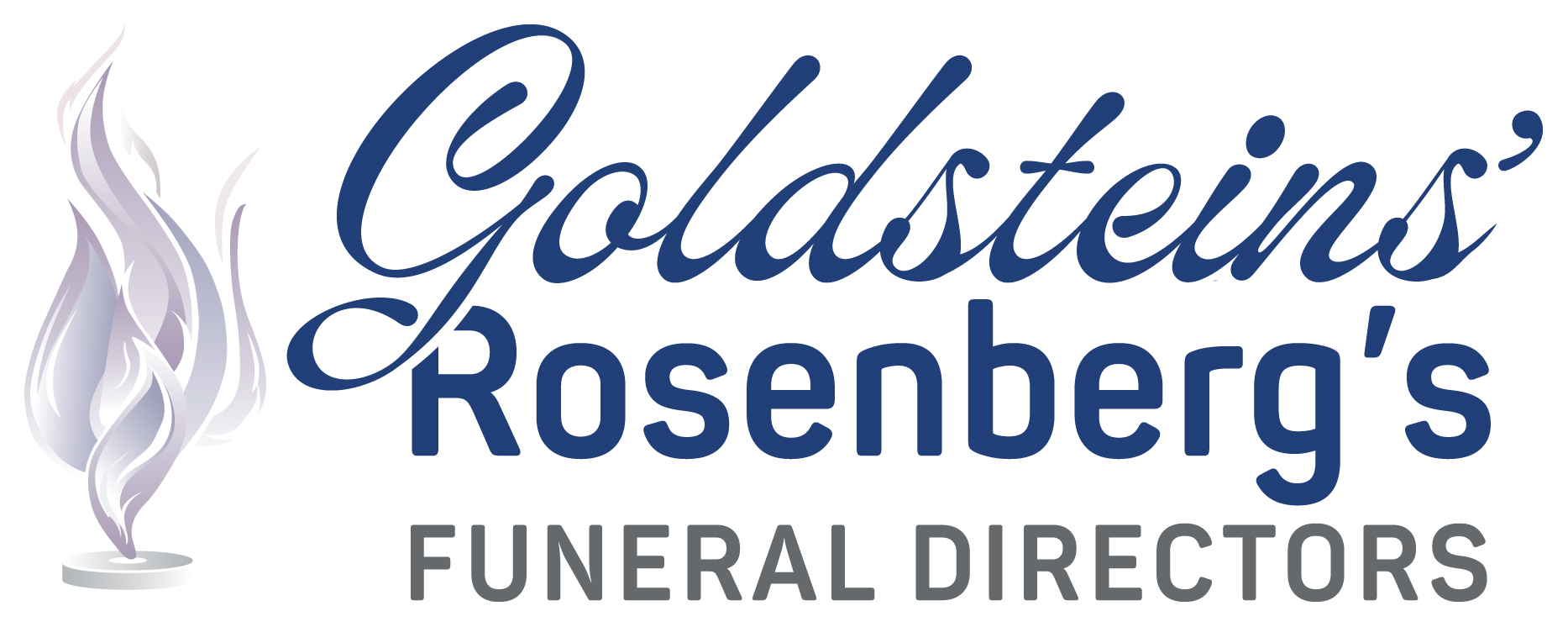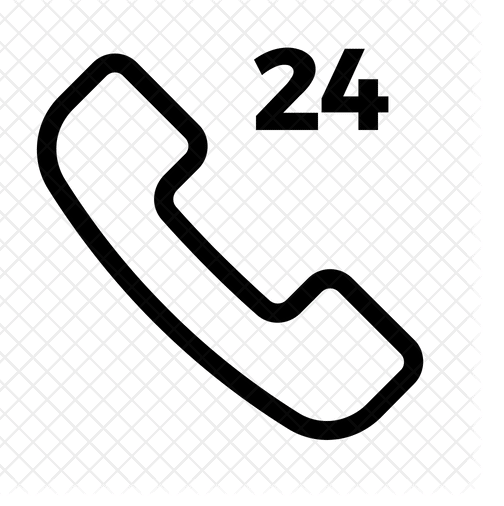
When It’s Time to Seek Grief Counseling
Grief is a natural, deeply personal response to loss, and everyone experiences it differently. While some people find comfort and healing with time, others may struggle to cope, feeling overwhelmed by their emotions and unable to move forward. In these cases, seeking grief counseling can be a valuable step toward healing.
Knowing when to seek professional help is important, as it can provide the guidance and support necessary to navigate through the most challenging aspects of loss. Here’s a guide to help you recognize when it might be time to consider grief counseling.
Understanding Grief: The Natural Process
Grief is not a one-size-fits-all experience. It can be triggered by various losses, such as the death of a loved one, the end of a relationship, job loss, or even a significant life change. The grieving process often involves stages such as denial, anger, bargaining, depression, and acceptance, though not everyone experiences these stages in the same order or intensity.
It’s normal to feel a wide range of emotions during grief, including sadness, confusion, frustration, guilt, or even relief, depending on the circumstances of the loss. Typically, these feelings will become less intense over time, allowing the individual to gradually adjust to life without the person or thing they lost.
Signs That You May Need Grief Counseling
While some people can work through grief with the support of family, friends, and time, others may need professional help. Here are some signs that it might be time to seek grief counseling:
- Persistent Intense Sadness or Depression
Feeling sad is a natural part of grief, but if your sadness is so intense that it doesn’t seem to lift, it could be a sign that you need help. If you’re struggling with feelings of hopelessness, worthlessness, or have lost interest in things you once enjoyed, grief counseling could provide a path forward.
- Difficulty Functioning in Daily Life
When grief begins to affect your daily routine—such as your ability to work, perform household tasks, or maintain personal relationships—it may be time to consider counseling. If getting out of bed, maintaining hygiene, or handling basic tasks feels overwhelming, a professional can help you develop coping strategies to regain control of your life.
- Isolation and Withdrawing from Others
While some solitude is normal during grieving, complete withdrawal from friends, family, or social activities might be a sign that you’re not coping well. If you find yourself avoiding people, not responding to messages, or isolating yourself from loved ones who want to help, grief counseling can help you reconnect with your support network.
- Intense Guilt or Self-Blame
It’s common to question “what if” scenarios or to feel guilt after a loss, but persistent feelings of blame or regret that prevent you from healing can be harmful. If you’re stuck in a cycle of self-blame or if your grief is tied to thoughts of being responsible for what happened, a therapist can help you work through these emotions in a constructive way.
- Prolonged Numbness or Lack of Emotions
On the other end of the emotional spectrum, some people feel completely numb or disconnected after a loss. This emotional numbness can be a sign that you’re shutting down or trying to avoid dealing with your grief. Counseling can help you safely explore your emotions and start the healing process.
- Destructive Behaviors or Substance Abuse
Sometimes people turn to alcohol, drugs, or other risky behaviors to cope with the pain of grief. If you find yourself using substances to numb your emotions or engaging in behavior that’s out of character for you, it’s crucial to seek professional support. Substance abuse can make the grieving process even more difficult and delay healing.
- Physical Symptoms of Grief
Grief can manifest in physical symptoms such as headaches, digestive problems, fatigue, sleep disturbances, or a weakened immune system. If these symptoms persist and impact your quality of life, it might be a sign that your body is reacting to emotional distress. A grief counselor can help address both the emotional and physical aspects of your grief.
The Benefits of Grief Counseling
Grief counseling provides a safe space where you can express your feelings without judgment. A professional counselor helps you understand and accept your emotions, work through the pain, and develop healthy coping mechanisms. Here are some key benefits of seeking grief counseling:
- Personalized Support: Counseling sessions are tailored to your specific needs, helping you explore your grief at your own pace.
- Coping Strategies: You’ll learn practical techniques to deal with the overwhelming feelings that come with loss.
- Validation: A therapist validates your experiences and emotions, letting you know that your feelings are normal and okay.
- Guidance Through the Healing Process: Counselors can help you navigate through the complex emotions and stages of grief, guiding you toward acceptance and a sense of peace.
When to Seek Immediate Help
If you are experiencing thoughts of self-harm or suicide, it’s crucial to seek help immediately. Reach out to a mental health professional, call or text the 24/7 National Suicide & Crisis Lifeline at 988, or go to the nearest emergency room. Grief can sometimes lead to intense feelings of despair, and you do not have to go through it alone.
Taking the Step Toward Healing
Grief is a unique journey, and there is no right or wrong way to experience it. However, if you find that your grief is not easing over time or if it’s interfering with your life in significant ways, seeking grief counseling could be a life-changing step toward healing. Remember, asking for help is a sign of strength, not weakness. With the right support, you can find a path to healing and begin to rebuild your life after loss.
Are you seeking other grief resources? Be sure to visit our website or call us for more information at 215-927-5800.





